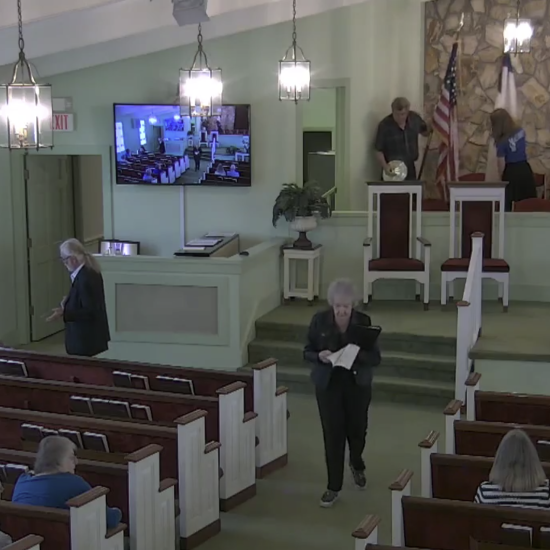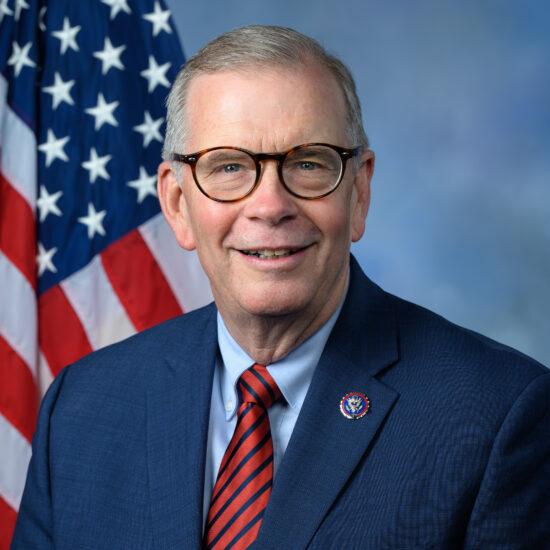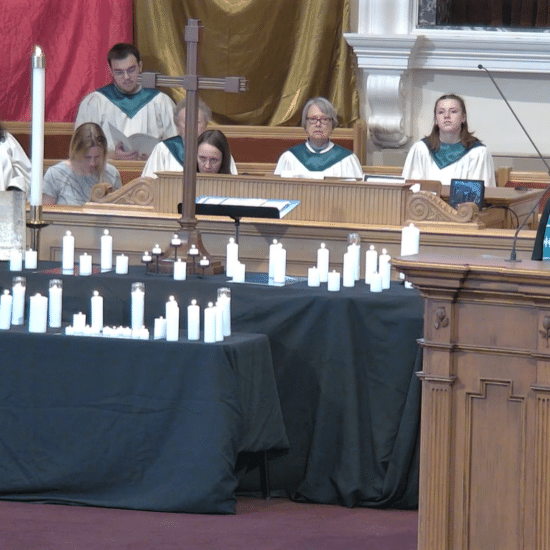Two hundred years ago, Congregationalists unknowingly triggered an overseas missions fervor among Baptists in America that, in turn, prompted formation of a Baptist denomination.

Bill Webb
|
On Feb. 6, 1812, Congregational Church leaders launched what came to be known as the modern missionary movement in America when, at Tabernacle Congregational Church in Salem, Mass., they ordained and commissioned five men to serve as missionaries to India.
Evelyn Wingo Thompson's biography, Luther Rice: Believer in Tomorrow, described the occasion: "As the men knelt on the floor, Dr. Jeridith Morse gave the ordination prayer. The audience was almost overwhelmed with emotion as the five bowed their heads and five ministers stood, one behind each candidate."
Congregationalists had agreed to provide financial support for the missionaries and the spouses of those who were married. One was Rice, who was single, and another was Adoniram Judson, who wed his wife, Ann Hasseltine, just a day earlier. A mere 12 days after the commissioning, Rice and the Judsons were to board separate ships bound for Calcutta.
The two men were products of a movement that began at Williams College in Williamstown, Mass., in 1806, six years earlier. Rice and other Christian students gathered regularly on the school grounds for Bible study and prayer and found themselves discussing the work of famed English Baptist missionary to India William Carey.
Five of them gathered one overcast day in the field where the group met regularly and — when it started to rain — retreated under a haystack in an adjacent field. Their study and prayer that day led them to the conviction that they needed to do their part to ensure that every person in every nation heard about Christ.
This later became known as the Haystack Prayer Meeting that sparked a missionary movement in America.
Rice was not present that day but he resonated with their conclusion. The students formalized their group, calling themselves the Brethren, and naturally established a group at Andover (Mass.) Seminary when several continued their theological training there.
After Rice graduated from Williams, he enrolled at Andover and discovered the leader of the Brethren Mission Society there was an impressive Christian named Adoniram Judson. The two became fast friends and worked with other Brethren to encourage Congregationalists to take up a commitment to overseas missions.
On the four-month journey to India in 1812, the Judsons studied biblical passages relating to baptism so they would be better prepared to defend their own positions as Congregationalists when they were greeted at port by the revered Baptist missionary Carey.
Increasingly, as they sailed and studied, Adoniram and Ann became convinced of Carey's position on baptism. Shortly after they arrived in Calcutta, they announced they were becoming Baptists and requested immersion. Later, when Rice's ship arrived they discussed their change of heart — to his dismay.
But the seed was planted. Rice began to study the issue of baptism himself while recuperating from hepatitis over several months and concluded his colleagues were correct in their understanding. He decided to become a Baptist, too, and was baptized by immersion.
One of the men needed to return to New England to report to the missionary-sending board that the two were no longer Congregationalists and were relinquishing their support. Because Rice was single, they agreed that he should return to America with the message and to try to raise support for their work from Baptists.
The Judsons and Rice had all been denied permanent residence in India by the government so the Judsons traveled on to Burma (known as Myanmar today), where they distinguished themselves by hard work and commitment to evangelize the primarily-Buddhist nation. Judson translated the Scriptures into Burmese, outlived two wives in the harsh setting and widowed a third wife. He is revered even today by Burmese Christians.
Rice was never to return as an overseas missionary. Instead, he crisscrossed America, preaching almost daily, and was tremendously successful in sparking a missions fervor among Baptists, who had been hesitant to cooperate too closely with each other because of their fierce commitment to local church autonomy.
Ultimately, the leadership of Rice and the cause of missions would lead these Baptists to cooperate and prepare them for denominational life (the formation of the Triennial Convention, which would later split into the Northern and Southern Baptist conventions).
Baptist universities and other institutions remarkably are covered with Rice's fingerprints as he worked tirelessly to support missions overseas and into the frontier areas of America. He influenced leaders claimed as heroes today by American Baptists, Southern Baptists and other Baptist groups.
Baptists certainly owe a debt of gratitude to Congregationalists and their missions vision 200 years ago. We are grateful for the contributions of Baptist giants Judson and Rice. Without them, the development of Baptists might not be as far along as it is today.
Bill Webb is editor of Word&Way.






